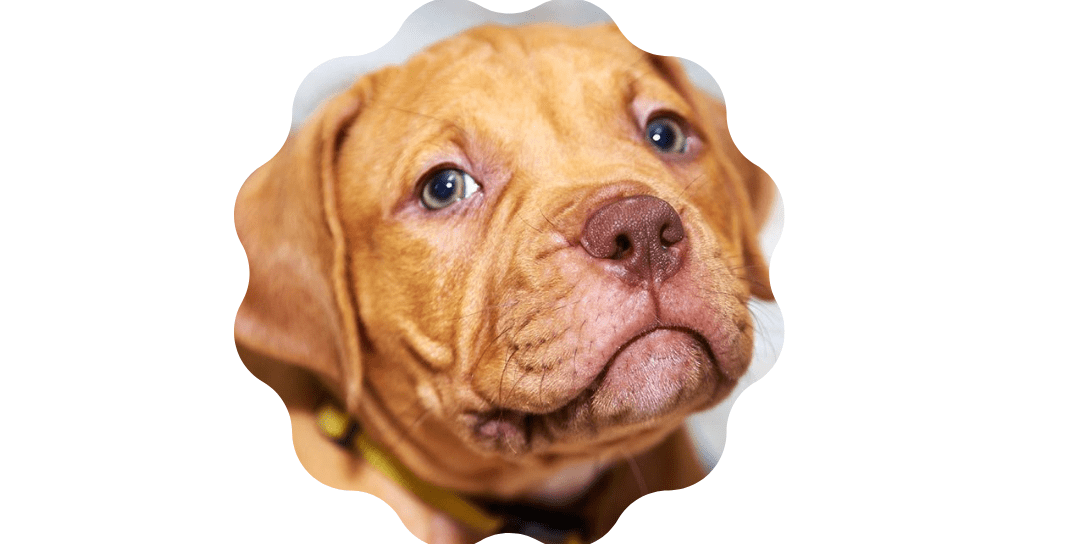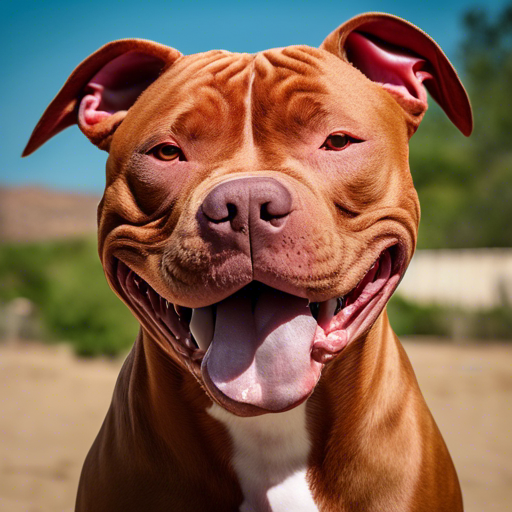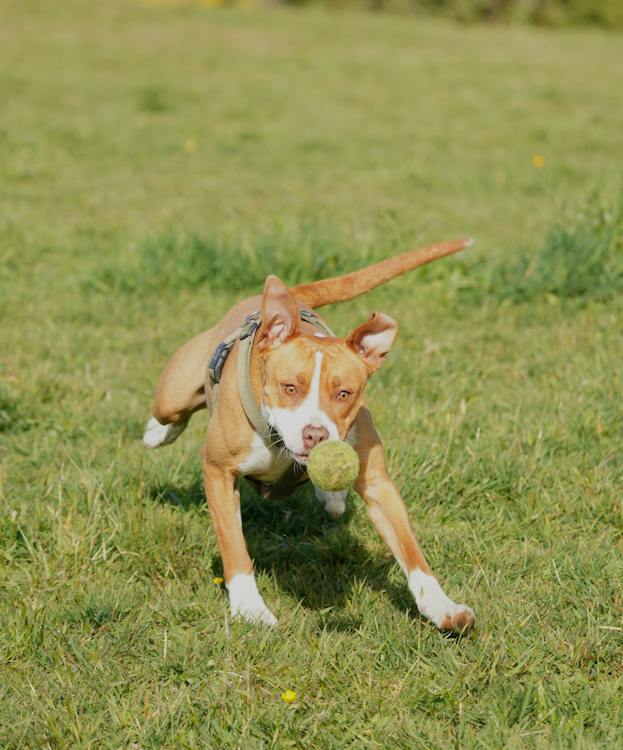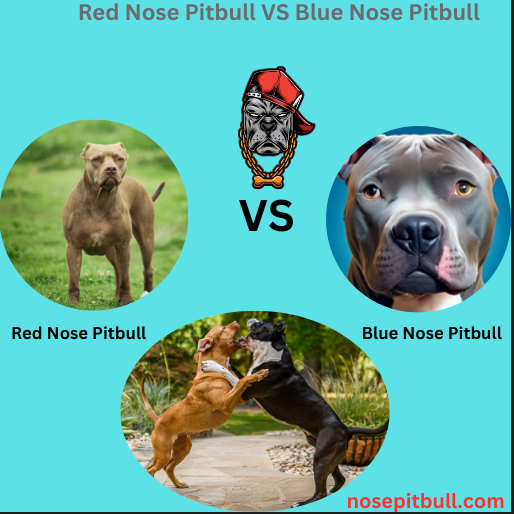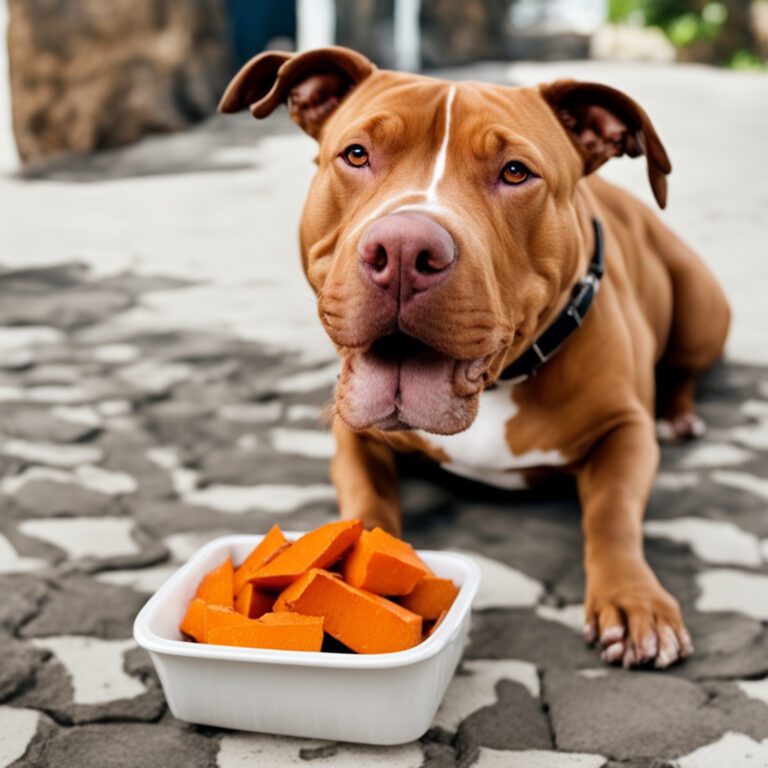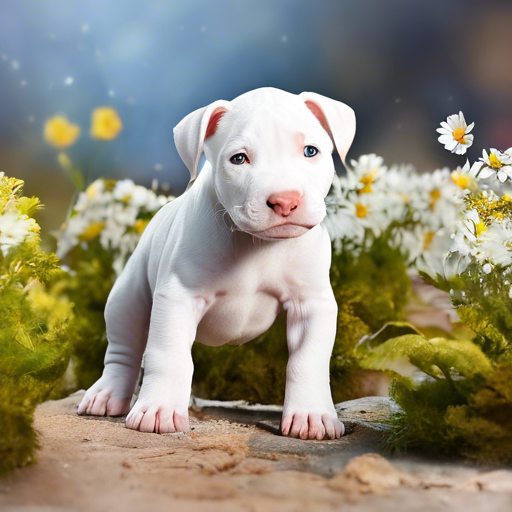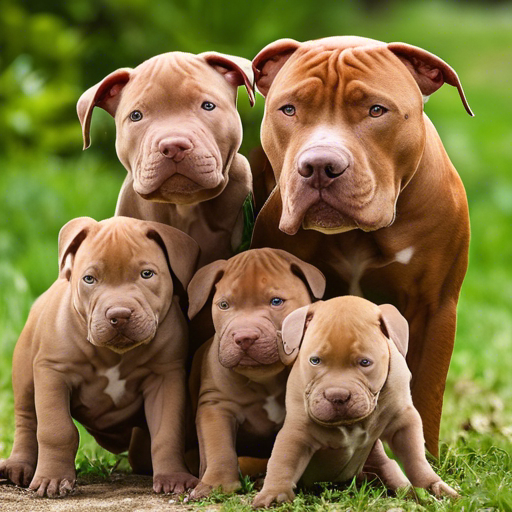RED NOSE PITBULL GUIDE: UNDERSTANDING THIS UNIQUE BREED
Red Nose Pitbull, often misunderstood but incredibly fascinating, are a distinct variation of the American Pitbull Terrier breed. Originating from Ireland, these dogs have gained popularity for their unique appearance and loyal nature. In this comprehensive guide, we delve into the intricacies of understanding this unique breed, shedding light on their history, temperament, care needs, and debunking common misconceptions.
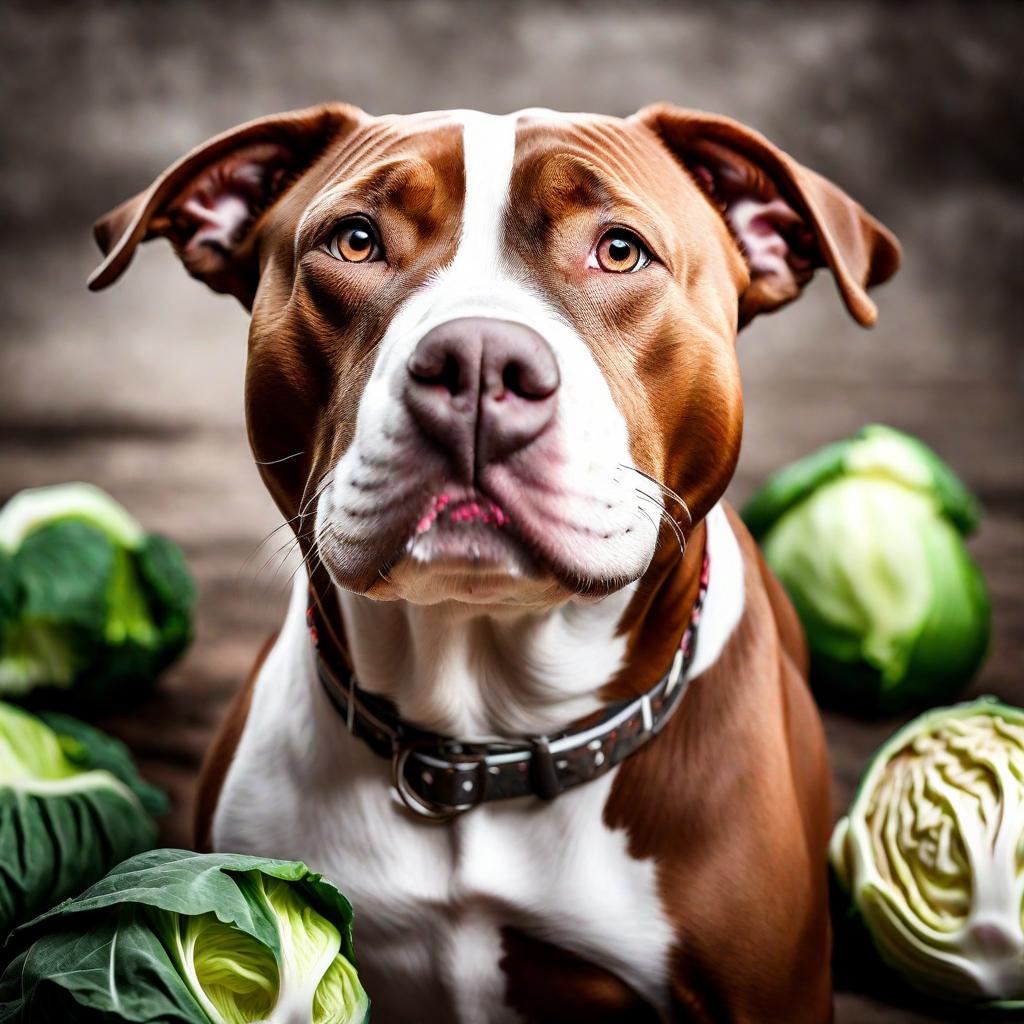
Introduction to Red Nose Pitbull
Red Nose Pitbull, characterized by their striking reddish-brown nose and coat, are a subtype of the American Pitbull Terrier. Despite their intimidating appearance, they are renowned for their affectionate demeanor and unwavering loyalty towards their owners.
History and Origin
Ancestry of Red Nose Pitbull
The roots of Red Nose Pitbull trace back to Ireland, where they were initially bred for various tasks, including hunting, farming, and as loyal companions. Their ancestors were prized for their strength, agility, and courage.
Development of the Red Nose Strain
The distinctive red nose trait emerged through selective breeding, leading to the development of a separate lineage within the Pitbull community. Breeders focused on preserving this unique characteristic, resulting in the Red Nose Pitbull breed we know today.
Physical Characteristics
Red Nose Pitbull exhibit a combination of muscularity, grace, and athleticism. Their glossy coat ranges from a rich copper hue to a deep mahogany, complemented by their signature red noses. They possess a powerful build, with broad chests and well-defined muscles, reflecting their heritage as working dogs.
Appearance
These dogs have a sleek, streamlined physique, with a broad skull and pronounced jawline. Their almond-shaped eyes exude intelligence and curiosity, while their ears may be cropped or left natural, adding to their distinctive appearance.
Size and Weight
Red Nose Pitbull typically stand between 17 to 21 inches at the shoulder, with males weighing around 35 to 60 pounds and females slightly lighter at 30 to 50 pounds.
Temperament and Personality Traits
Beneath their imposing exterior, Red Nose Pitbulls possess a gentle and affectionate nature. They thrive on human companionship and are known for their loyalty and devotion to their families.
Loyalty and Affection
Red Nose Pitbulls form strong bonds with their owners, often displaying unwavering loyalty and protective instincts. They are affectionate and thrive on affectionate interactions, making them excellent family pets.
Intelligence and Trainability
Despite their muscular build, Red Nose Pitbull are highly intelligent and eager to please, making them relatively easy to train. Positive reinforcement methods work best with these dogs, as they respond well to praise and rewards.
Socialization Needs
Proper socialization from an early age is crucial for Red Nose Pitbull to ensure they grow into well-adjusted and friendly adults. Exposing them to various people, animals, and environments helps prevent any potential behavioral issues.
Caring for a Red Nose Pitbull
Taking care of a Red Nose Pitbull involves meeting their physical, mental, and emotional needs to ensure a happy and fulfilling life.
Exercise Requirements
These energetic dogs require regular exercise to channel their energy positively. Daily walks, play sessions, and interactive toys help keep them mentally stimulated and physically fit.
Grooming Needs
Red Nose Pitbulls have short coats that are easy to maintain. Weekly brushing helps remove loose fur and reduces shedding, while regular baths keep their coat clean and healthy.
Nutritional Considerations
Providing a balanced diet tailored to their age, size, and activity level is essential for Red Nose Pitbulls’ overall health and well-being. High-quality dog food with protein-rich ingredients supports their muscle development and energy needs.
Common Health Issues
Like all breeds, Red Nose Pitbulls are prone to certain health issues that owners should be aware of to provide appropriate care and early intervention if necessary.
Skin Conditions
Red Nose Pitbulls may be susceptible to skin allergies and irritations, requiring regular inspection and maintenance to prevent infections.
Joint Problems
Their muscular build puts them at risk of joint issues such as hip dysplasia, necessitating proper exercise management and weight control to minimize strain on their joints.
Allergies
Some Red Nose Pitbulls may suffer from food or environmental allergies, resulting in symptoms like itching, rashes, or gastrointestinal upset. Identifying and avoiding allergens is crucial for their comfort and well-being.
Training Tips and Techniques
Training a Red Nose Pitbull requires patience, consistency, and positive reinforcement to foster good behavior and obedience.
Positive Reinforcement
Reward-based training methods, such as treats, praise, and play, encourage desired behaviors and strengthen the bond between owner and dog.
Obedience Training
Teaching basic commands like sit, stay, and come ensures that Red Nose Pitbulls can respond appropriately to commands and stay safe in various situations.
Socialization Exercises
Exposing Red Nose Pitbulls to different environments, people, and animals from an early age helps prevent fearfulness and aggression, promoting a well-rounded and sociable pet.
Misconceptions and Stereotypes
Red Nose Pitbulls often face unfair stereotypes and misconceptions due to their breed, which can hinder their adoption and acceptance.
Addressing Aggression Myths
Contrary to popular belief, Red Nose Pitbulls are not inherently aggressive. With proper training, socialization, and responsible ownership, they can be affectionate and well-behaved companions.
Challenging Breed Stigma
Educating the public about the true nature of Red Nose Pitbulls and advocating for responsible ownership helps combat breed-specific discrimination and promote positive perceptions.
Red Nose Pitbulls as Family Pets
Despite their intimidating appearance, Red Nose Pitbulls are known for their gentle and affectionate nature, making them excellent family pets.
Compatibility with Children
When raised in a loving and nurturing environment, Red Nose Pitbulls can form strong bonds with children and make loyal and protective playmates.
Interaction with Other Animals
With proper socialization and supervision, Red Nose Pitbulls can coexist peacefully with other pets, including dogs and cats, fostering harmonious relationships within the household.
Legal Considerations and Breed Regulations
Due to breed-specific legislation in some areas, potential owners should familiarize themselves with local regulations and requirements regarding Red Nose Pitbull ownership.
Breed-specific Legislation
Certain jurisdictions may impose restrictions or bans on owning Red Nose Pitbulls, citing concerns about public safety. Understanding and complying with these laws is essential for responsible ownership.
Responsible Ownership
Being a responsible Red Nose Pitbull owner entails providing proper care, training, and supervision, as well as advocating for breed equality and responsible pet ownership.
Famous Red Nose Pitbulls
Throughout history, several Red Nose Pitbulls have gained fame and recognition for their remarkable achievements and contributions.
Conclusion
In conclusion, Red Nose Pitbulls are a unique and misunderstood breed with much to offer as loving and loyal companions. By understanding their history, temperament, and care needs, we can appreciate these remarkable dogs for the wonderful pets they are.
FAQs
Are Red Nose Pitbulls more aggressive than other breeds?
- Red Nose Pitbulls are not inherently aggressive. Like any dog, their behavior is largely influenced by their upbringing and environment.
Do Red Nose Pitbulls require a lot of exercise?
- Yes, Red Nose Pitbulls are energetic dogs that require regular exercise to stay healthy and happy. Daily walks and play sessions are essential for meeting their physical and mental stimulation needs.
Are Red Nose Pitbulls good with children?
- When properly socialized and trained, Red Nose Pitbulls can be excellent companions for children. They are known for their affectionate and gentle nature.
Do Red Nose Pitbulls have specific dietary requirements?
- Red Nose Pitbulls thrive on a balanced diet rich in high-quality protein and essential nutrients. Consult with your veterinarian to determine the best feeding regimen for your dog.
Are Red Nose Pitbulls legal in all areas?
- Breed-specific legislation varies by location, so it’s essential to check local regulations regarding the ownership of Red Nose Pitbulls before bringing one home.
